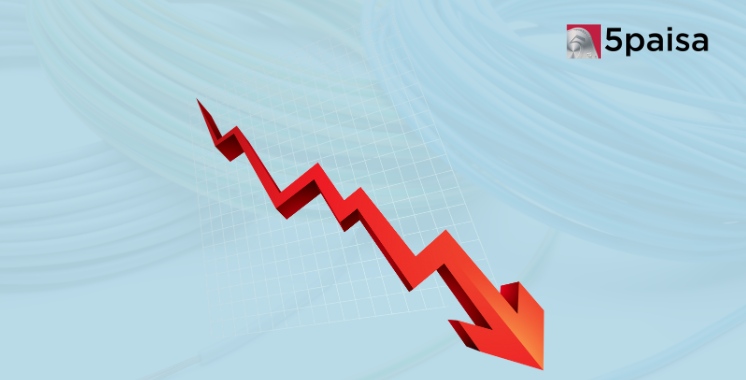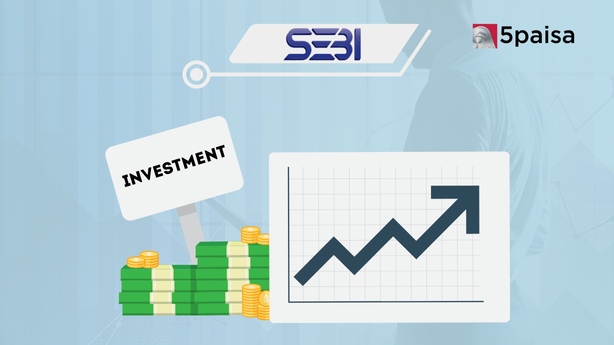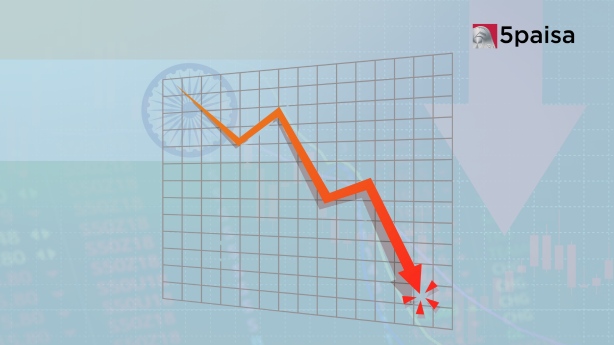Cable and Wire Stocks Decline for Second Session Amid Aditya Birla Group's Market Entry
Sensex Hits All-Time High: What's Driving the Rally?

Foreign Institutional Investors (FIIs) Infuse $9 Billion, Propelling Sensex to Historic High
The Indian stock market, popularly known as Dalal Street, has witnessed a remarkable influx of foreign institutional investors (FIIs) in the fiscal year 2024. FIIs have injected a significant $9 billion into the Indian market, driving the benchmark index, Sensex, to reach a historic high of 63,588. This milestone surpasses the previous peak achieved on December 1 last year.
Steady Progress and Confidence Boosted by Domestic and Foreign Investors
Market analysts note that the Indian market has been steadily progressing without major fluctuations, with both domestic and foreign investors expressing confidence in the favorable position of the Indian economy. They advise investors to focus on their investment goals rather than fixating on the index level.
Sectoral Performance and Double-Digit Gains
Since the previous peak on December 1, several sectors have exhibited double-digit gains, contributing to the overall market growth. Sectors such as capital goods, FMCG, real estate, automobiles, and PSU stocks have shown significant returns. The BSE Capital Goods index emerged as the top performer, recording a remarkable 17% return during this period, primarily driven by increased government spending and signs of private investment growth.
Top Performers and Underperforming Stocks
Among the Sensex stocks, ITC has emerged as the best-performing stock, delivering a commendable 33% return since December 1. Other notable stocks with double-digit returns include Tata Motors, Nestle, Larsen & Toubro, Ultratech Cement, Titan Company, Power Grid, and IndusInd Bank. On the other hand, Reliance Industries (RIL) and Infosys have been the main detractors, resulting in a combined loss of approximately $35 billion. Infosys shares have declined by 21% since the last peak, while RIL has experienced a 6.5% decrease. Other underperforming stocks include Wipro, Bajaj Finserv, TCS, and SBI.
Market Capitalization and Mid/Small-Cap Stocks Outperformance
Over 137 trading sessions, the total market capitalization of BSE-listed companies has increased by Rs 4.6 lakh crore, reaching Rs 294.49 lakh crore. Notably, mid and small-cap stocks have outperformed their larger counterparts during this period, demonstrating their strong growth potential.
Long-Term Growth Potential and Projected Sectors
Brokerages remain optimistic about the long-term growth potential of the Indian equity market, primarily driven by increased capital expenditure. Sectors like IT, PSE, and Pharma are considered ripe for a significant turnaround, leading to wealth creation for long-term investors. Additionally, sectors such as Consumer Durables, Auto, and Infrastructure are projected to maintain their upward trend with robust performance in the medium term.
Predictions by Leading Global Brokerage Firms
Leading global brokerage firms have provided their predictions for the Indian market. Morgan Stanley expects the Sensex to reach 68,500 by December, while Nomura sets a target of 19,872 for the Nifty by March-end. Goldman Sachs envisions the index reaching 20,000.
Concerns That Could Impact the Market Momentum
Despite the current bullish trend in global markets, there are several concerns that could potentially impact the upward momentum of the Indian market:
Interest rate uncertainty: Uncertainty surrounding future interest rate hikes could affect borrowing costs for businesses and individuals, potentially dampening market sentiment.
Global economic slowdown: Sluggish global economic growth could have a negative impact on markets, especially if major economies experience a slowdown or if there are trade tensions or geopolitical conflicts.
Inflation worries: Rising inflation can erode purchasing power and affect consumer spending and business profitability. If inflation rises faster than expected, central banks may tighten monetary policies, impacting market liquidity and valuations.
Poor monsoon performance: Deficient rainfall in India can negatively affect agriculture, a significant sector of the economy. Lower agricultural output can lead to higher food prices and reduced rural income, potentially impacting consumer demand and overall economic growth.
Investors Advised to Stay Informed and Monitor Market Developments
It is crucial for investors to stay informed about these factors and closely monitor market developments as they make investment decisions. The Indian equity market continues to offer long-term growth potential, but it is important to consider the broader economic and global factors that can influence market performance.
- Flat ₹20 Brokerage
- Next-gen Trading
- Advance Charting
- Actionable Ideas
Trending on 5paisa
02
 5paisa Research Team
5paisa Research Team
03
 5paisa Research Team
5paisa Research Team
04
 5paisa Research Team
5paisa Research Team
Indian Market Related Articles
Disclaimer: Investment in securities market are subject to market risks, read all the related documents carefully before investing. For detailed disclaimer please Click here.




